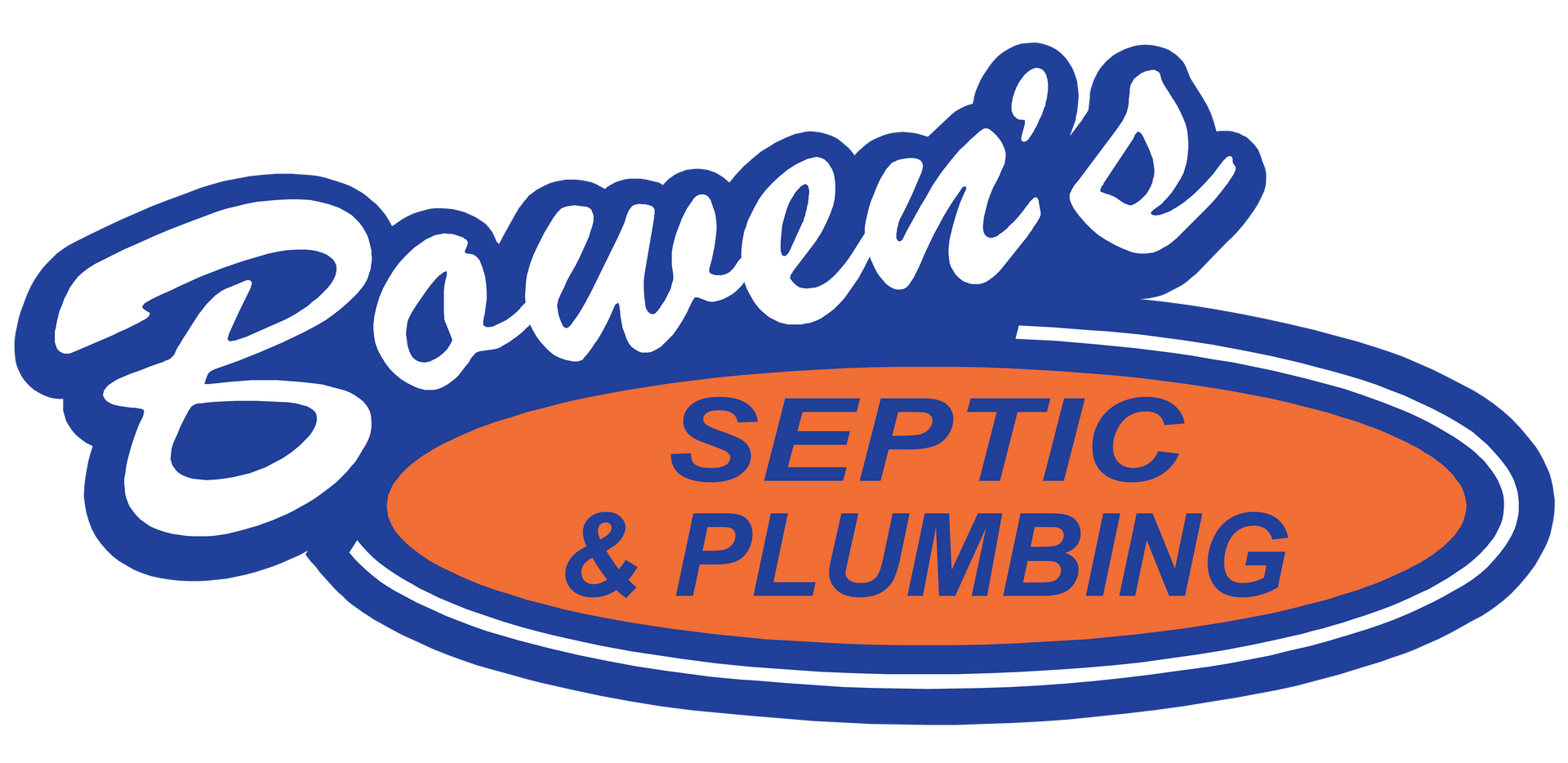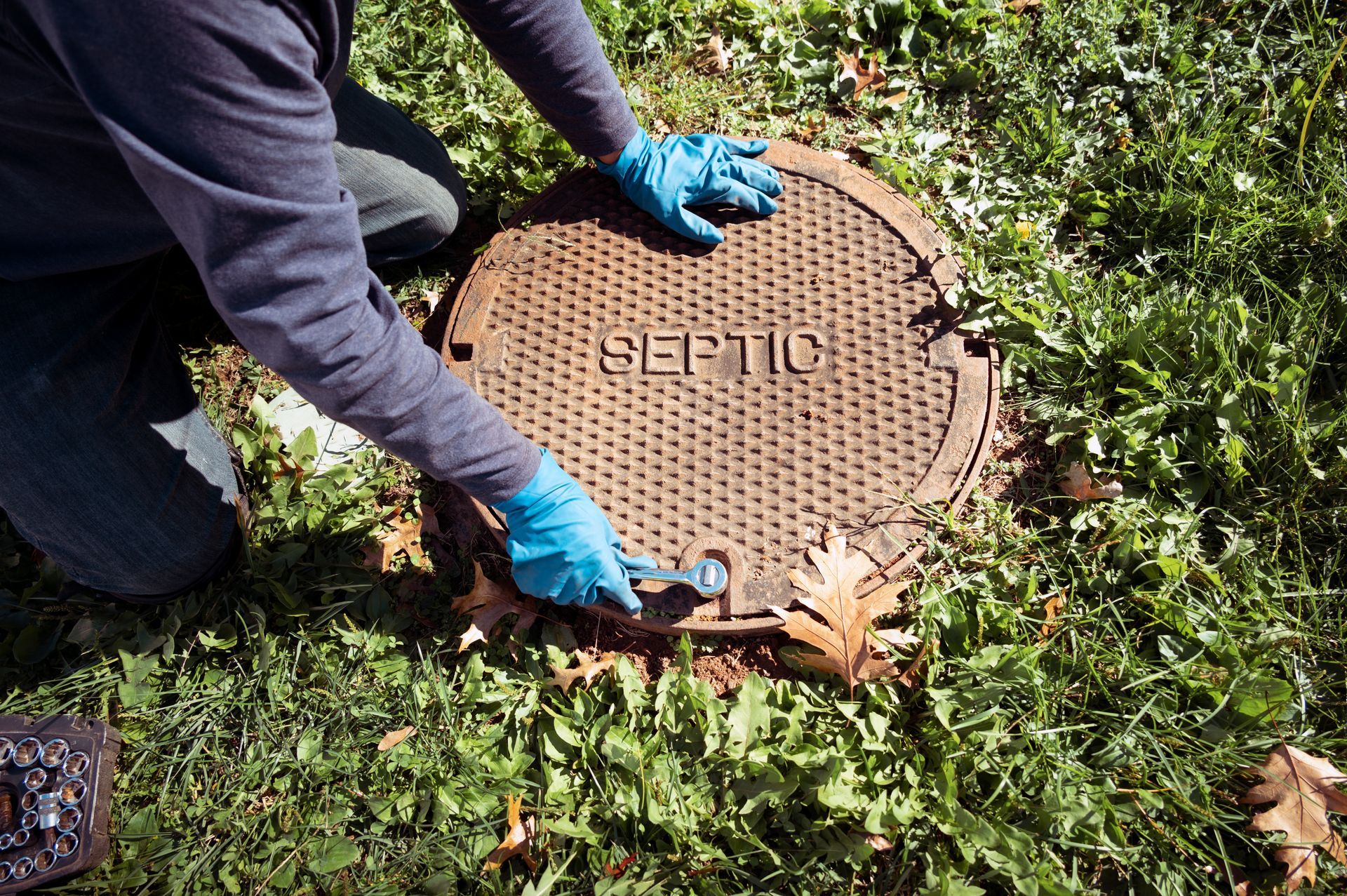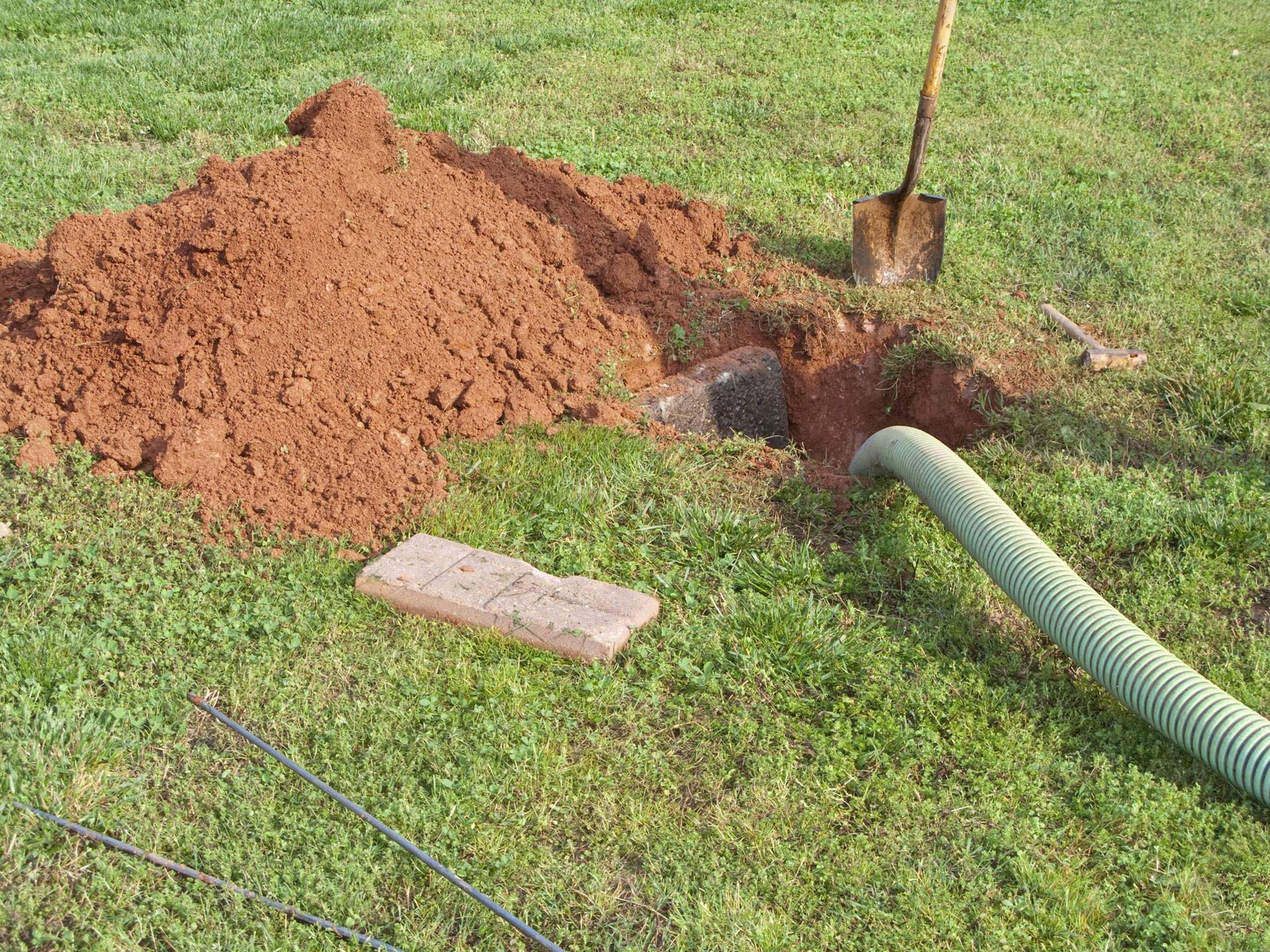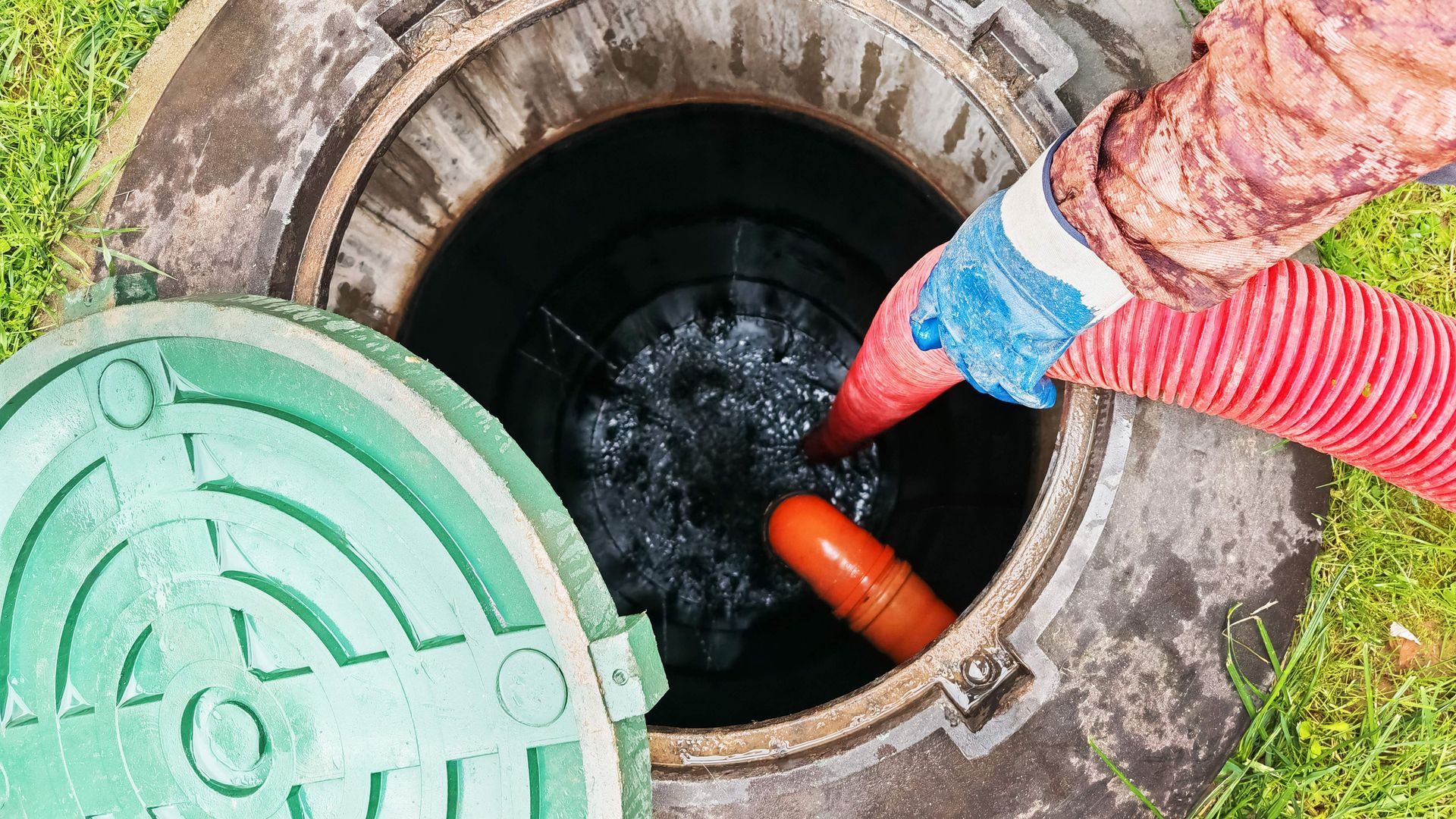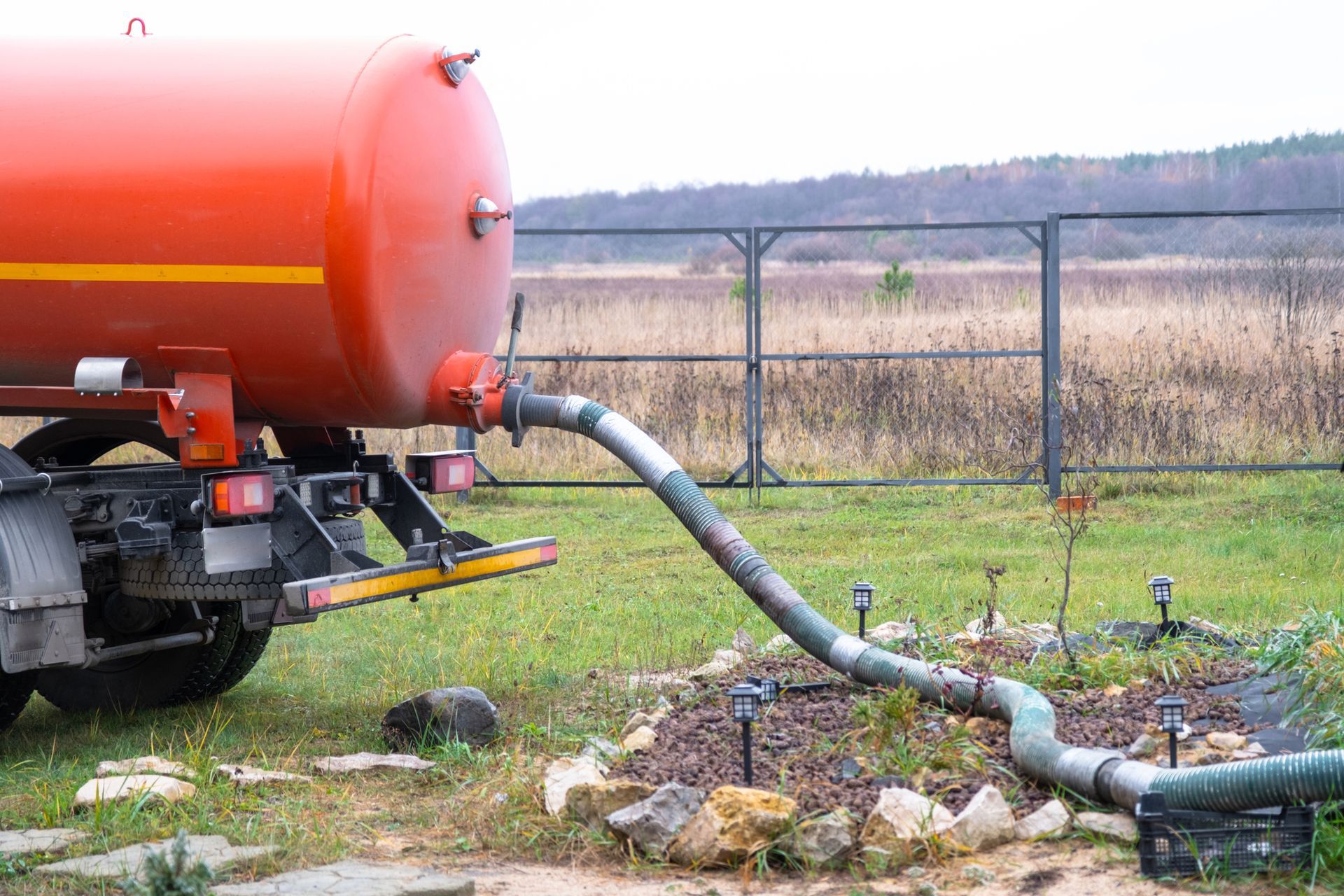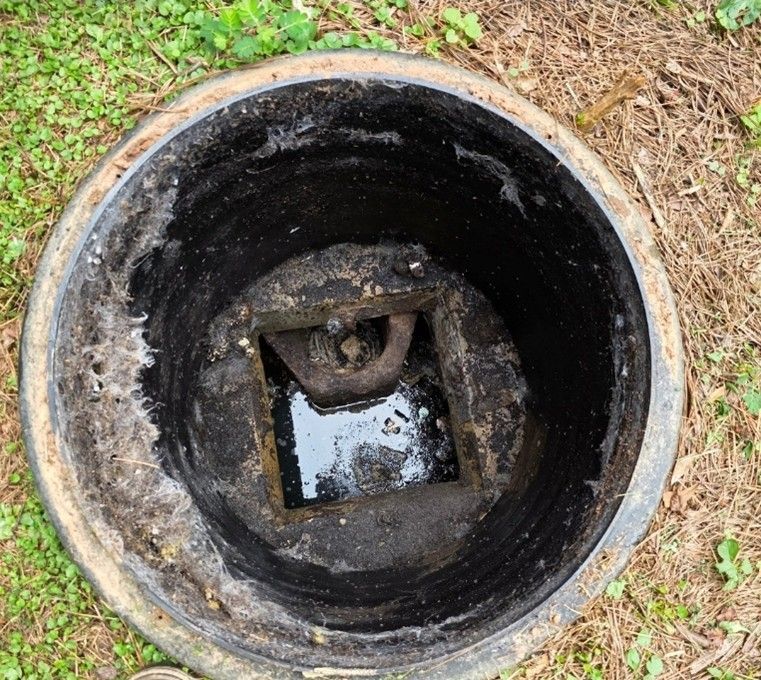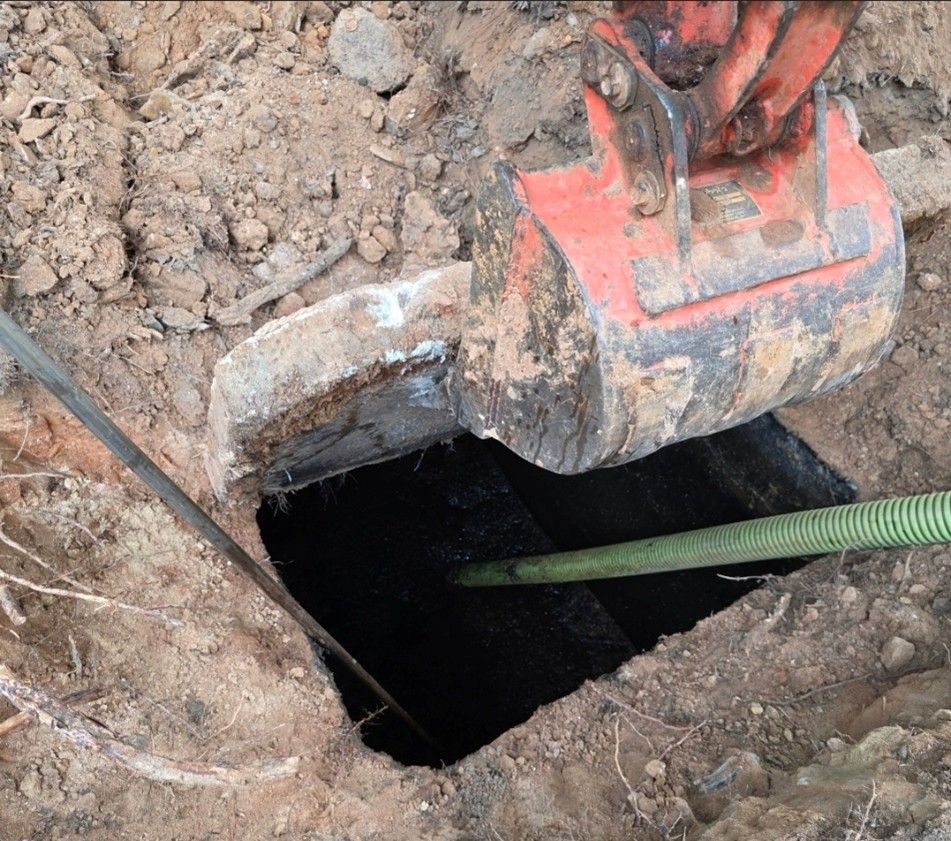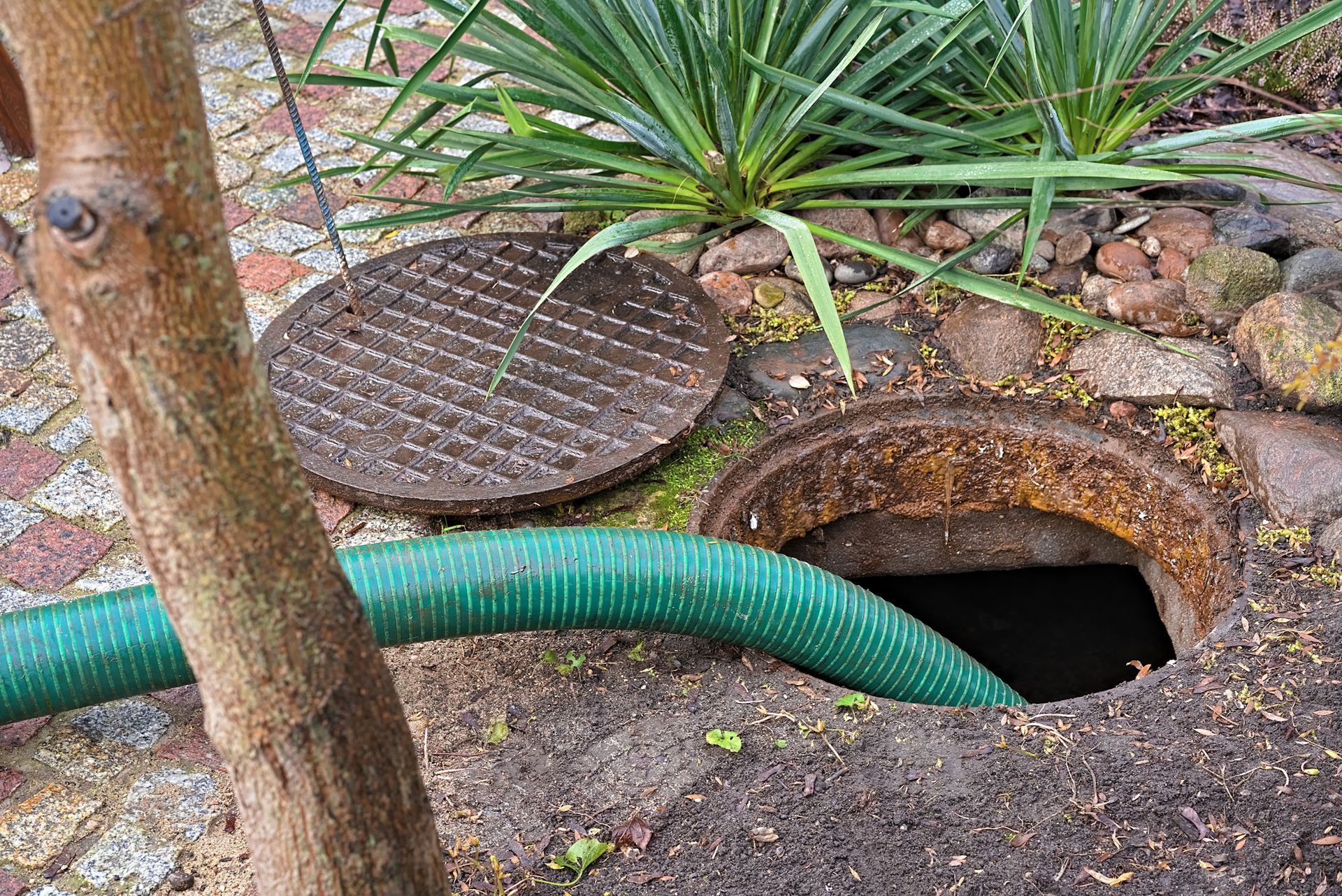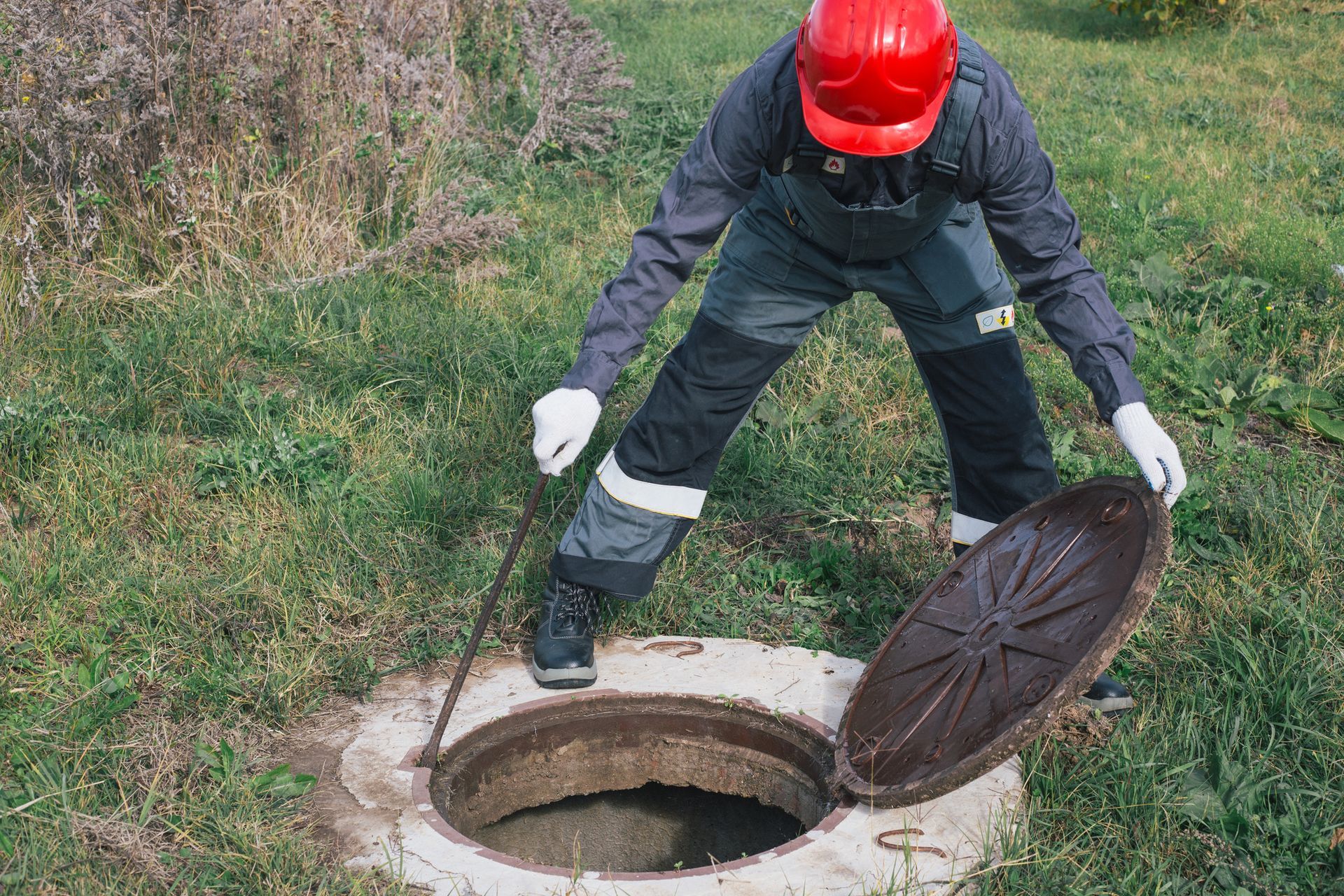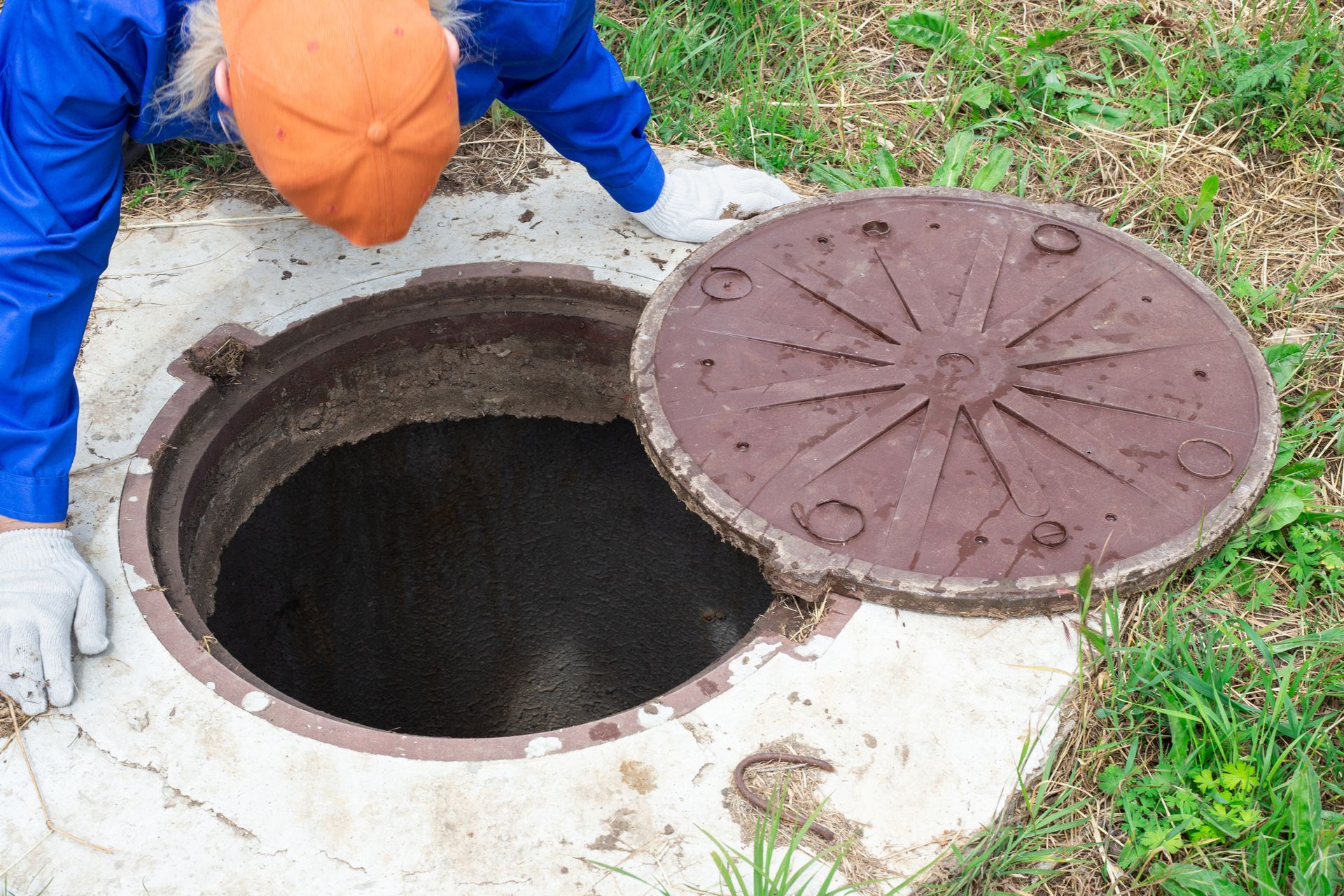Septic Vs. Sewer System: The Major Differences

Septic and sewer systems are the major waste management systems for many homeowners. The septic system has significant advantages over the sewer system. However, you should understand the differences between the two systems to appreciate these advantages. Below are some of the areas in which septic and sewer systems differ.
Treatment Location Both septic and sewer systems collect and treat waste, but they do so in different locations. A sewer system collects waste from multiple homes and channels it to a central treatment location.
A septic system collects waste from one home and channels the waste into an on-site treatment location. The septic system consists of a septic tank where the waste decomposes and separates into liquid and solid parts. The liquid waste goes into a drainfield for disposal while the solid waste accumulates in the tank. Regular tank pumping takes care of the accumulated solid waste.
Availability Sewer systems are more widely available than septic systems. A major reason is that sewer systems connect multiple properties and only make financial sense (for utility companies) in highly populated areas.
Septic systems, on the other hand, can exist anywhere. You can install a septic system on your property even if no other property is around for miles. You just need adequate space for the tank and septic system.
Responsible Party The local municipal council is responsible for installing sewer systems. Thus, you cannot just wake up one day and connect your drainage to the sewer system. Local municipalities only install these systems in areas with an adequate waste catchment.
Since homeowners install their septic systems, you can install one whenever you want. You just need to get regulatory approval with a permit to install your septic system. The permit is necessary to certify that your septic system will meet your needs without contaminating the environment. Your septic contractor can help you get the approval.
Cost The cost of installing a septic system versus connecting a home to a sewer system is of major interest to many homeowners. You should consider both the initial and ongoing costs for the best comparison.
The average cost of septic systems ranges from $6,000 to $8,000 and $8,000 to $15,000 for small and large systems, respectively, under optimal conditions. The actual costs can be lower or higher depending on multiple factors, including system size and installation location.
On the other hand, you can spend anything from $5000 to $20,000 or more to hook up your home to a sewer system. The local government plays a significant role in the pricing since some local governments subsidize the costs for their residents.
Many people spend more to install septic systems than they would to hook up their homes to the sewer system. However, the ongoing costs for sewer systems typically exceed those for septic systems. Do not forget that you have to pay monthly bills for your sewer system. For the septic system, pumping the tank is the major maintenance cost, but you only do it once in a few years.
Environmental Friendliness A properly maintained septic system is more environmentally friendly than a sewer system. For one, a sewer system relies on energy and chemicals for waste treatment, but a septic system relies on natural decomposition. Septic systems also filter out dangerous microorganisms before water disposal. Lastly, you can also determine what goes into your septic system.
A septic system is good, but it requires professional design and regular maintenance. Bowen's Septic Tank has over 30 years of experience with septic systems. We can help you enjoy efficient waste drainage. Contact us today for all septic services, including installation, pumping, and repair.
Treatment Location Both septic and sewer systems collect and treat waste, but they do so in different locations. A sewer system collects waste from multiple homes and channels it to a central treatment location.
A septic system collects waste from one home and channels the waste into an on-site treatment location. The septic system consists of a septic tank where the waste decomposes and separates into liquid and solid parts. The liquid waste goes into a drainfield for disposal while the solid waste accumulates in the tank. Regular tank pumping takes care of the accumulated solid waste.
Availability Sewer systems are more widely available than septic systems. A major reason is that sewer systems connect multiple properties and only make financial sense (for utility companies) in highly populated areas.
Septic systems, on the other hand, can exist anywhere. You can install a septic system on your property even if no other property is around for miles. You just need adequate space for the tank and septic system.
Responsible Party The local municipal council is responsible for installing sewer systems. Thus, you cannot just wake up one day and connect your drainage to the sewer system. Local municipalities only install these systems in areas with an adequate waste catchment.
Since homeowners install their septic systems, you can install one whenever you want. You just need to get regulatory approval with a permit to install your septic system. The permit is necessary to certify that your septic system will meet your needs without contaminating the environment. Your septic contractor can help you get the approval.
Cost The cost of installing a septic system versus connecting a home to a sewer system is of major interest to many homeowners. You should consider both the initial and ongoing costs for the best comparison.
The average cost of septic systems ranges from $6,000 to $8,000 and $8,000 to $15,000 for small and large systems, respectively, under optimal conditions. The actual costs can be lower or higher depending on multiple factors, including system size and installation location.
On the other hand, you can spend anything from $5000 to $20,000 or more to hook up your home to a sewer system. The local government plays a significant role in the pricing since some local governments subsidize the costs for their residents.
Many people spend more to install septic systems than they would to hook up their homes to the sewer system. However, the ongoing costs for sewer systems typically exceed those for septic systems. Do not forget that you have to pay monthly bills for your sewer system. For the septic system, pumping the tank is the major maintenance cost, but you only do it once in a few years.
Environmental Friendliness A properly maintained septic system is more environmentally friendly than a sewer system. For one, a sewer system relies on energy and chemicals for waste treatment, but a septic system relies on natural decomposition. Septic systems also filter out dangerous microorganisms before water disposal. Lastly, you can also determine what goes into your septic system.
A septic system is good, but it requires professional design and regular maintenance. Bowen's Septic Tank has over 30 years of experience with septic systems. We can help you enjoy efficient waste drainage. Contact us today for all septic services, including installation, pumping, and repair.
